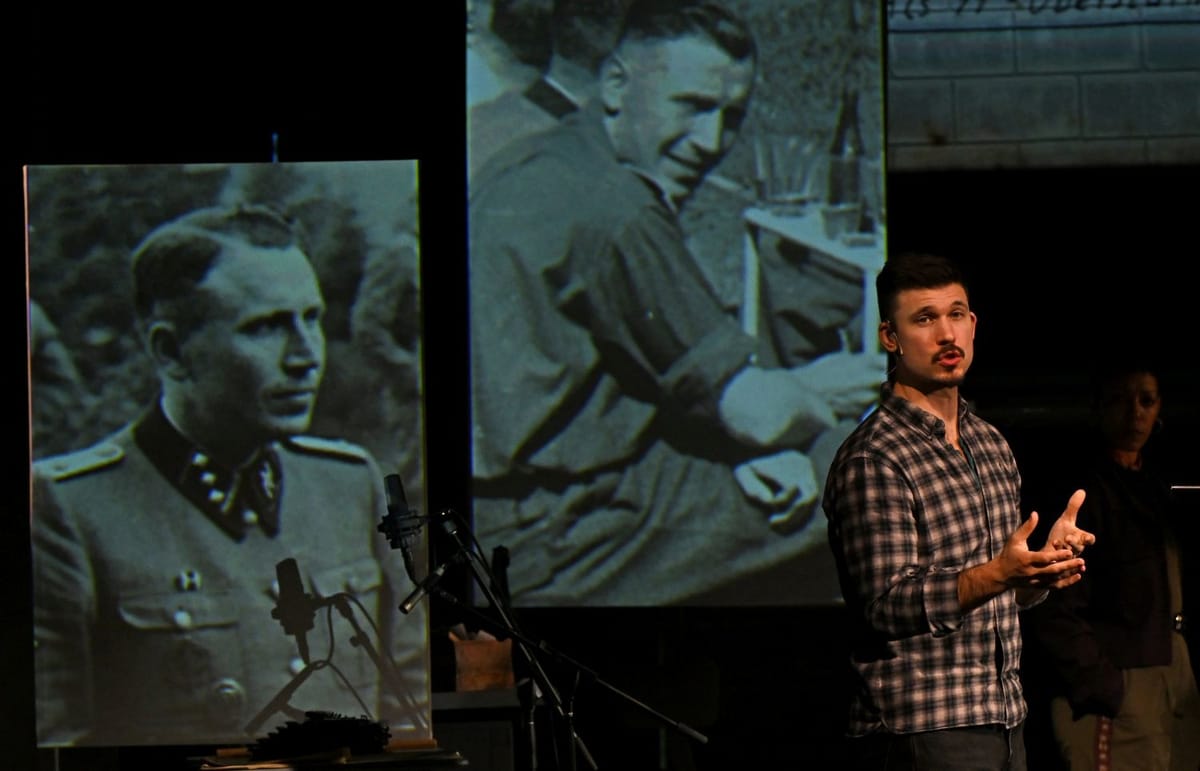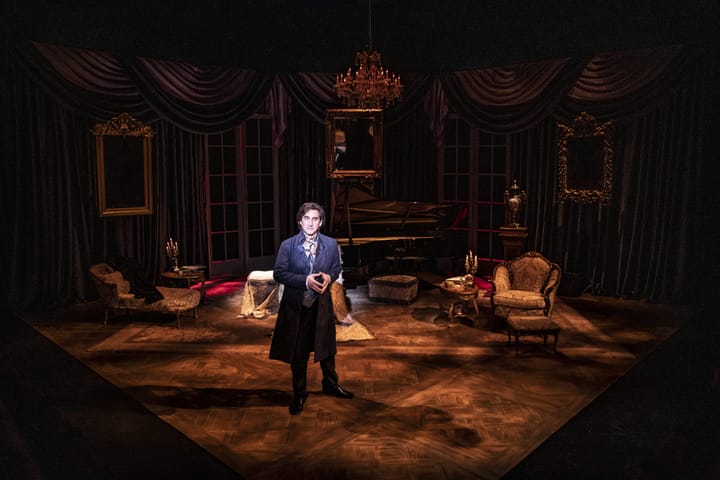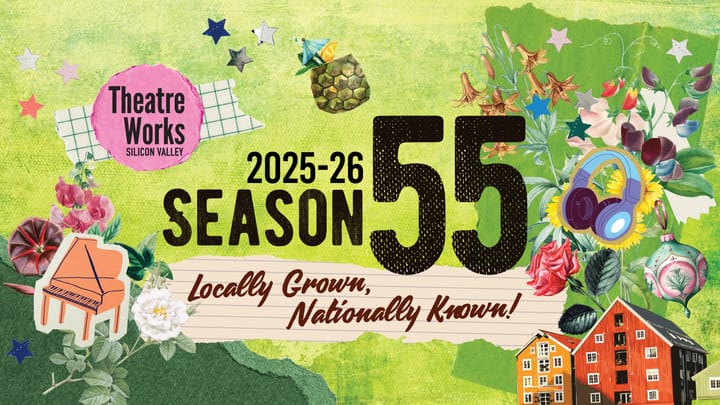Behind the blueberries: Berkeley Rep’s talkback series confronts history, ethics, and the present moment
Berkeley Rep’s latest talkback series dives deep into the moral questions raised by “Here There Are Blueberries,” bringing ethicists, historians, and artists together for powerful post-show conversations about complicity, legacy, and what history can teach us today.

Berkeley Repertory Theatre is diving deep into the ethical questions raised by its latest production, Here There Are Blueberries, with a thought-provoking talkback series launching alongside the show’s run this spring. Presented in collaboration with the Fellowships at Auschwitz for the Study of Professional Ethics (FASPE), these post-show conversations invite audiences to examine the moral complexities at the heart of the play—and consider their echoes in the world we live in today.
Running April 5 through May 11 at the Roda Theatre, Here There Are Blueberries is a riveting new work from the Tectonic Theater Project that explores the discovery of a chilling photo album from Auschwitz—and the moral reckoning that follows. As part of Berkeley Rep’s broader effort to engage audiences beyond the stage, the accompanying talkbacks will feature ethicists, historians, and artists in dialogue about complicity, historical memory, and the contemporary relevance of Holocaust education.
The talkback series reflects a partnership between Tectonic and FASPE, an organization that brings graduate students from a range of disciplines—including law, medicine, journalism, and design—to Germany and Poland for a two-week ethics seminar rooted in Holocaust history. With a network of more than 900 alumni worldwide, FASPE has been actively involved in the development of Here There Are Blueberries, offering historical insight and helping frame public conversation around the play’s urgent themes.
Each talkback is free with the purchase of a show ticket and brings a unique focus. Kicking off on April 19, two sessions (one after the matinee and one after the evening performance) will examine how professional norms were warped in Nazi Germany and explore the unsettling question of how perpetrators compartmentalized their private and public lives. One session even asks: Can someone commit atrocities by day and be a loving parent by night?
The April 20 matinee event includes a closer look at one of the play’s most infamous figures—Dr. Josef Mengele—whose image appears in the real-life photo album that inspired the play. Historian David G. Marwell, author of Mengele: Unmasking the Angel of Death, joins investigative journalist Sonner Kehrt to discuss the danger of reducing such figures to caricature, and why the full reality remains so important to confront.
Other sessions dive into questions that continue to resonate across time and professions. On April 22, panelists tackle why Holocaust studies remain vital today—even as we move further from the events and lose firsthand witnesses. And a repeat session on Mengele returns April 23, for those who missed the weekend’s discussion.
David Goldman, chair of FASPE and a key voice throughout the series, will appear at nearly every event, joined by a diverse lineup that includes journalists, scholars, artists, and public officials. Their aim is to draw a clear line between history and our current moment—showing how the ethical challenges faced by professionals in the past continue to manifest today in new forms.
Berkeley Rep’s partnership with FASPE is more than just programming; it’s a model for how art can engage with real-world ethics, using storytelling as a catalyst for reflection and dialogue. As the theatre notes, the goal is not only to remember history, but to use it as a lens to ask: What responsibilities do we carry in our own lives, our work, and our communities?



